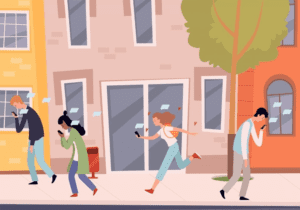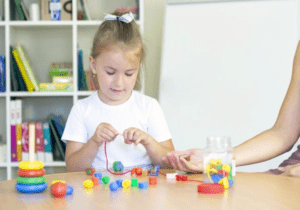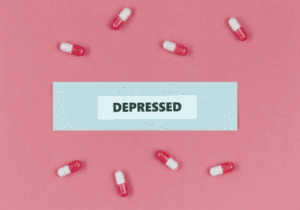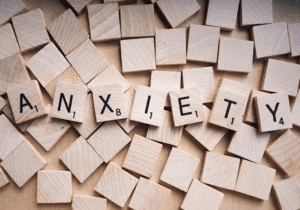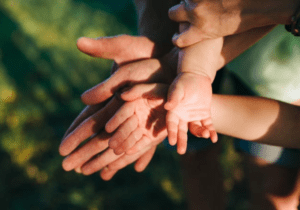Did You Know – Crows Can Be Quite Machiavelic
This article has been researched and written by Nayla Daou. AI has not been used in producing this article.
Crows have become quite the residents in Dubai’s landscape. Although first spotted around 1990, they’ve since made themselves comfortable, with about 3,000 to 5,000 crows now calling the city home. Elsewhere in the world, they’re infamous for stealing cigarettes, dunking food into coffee, or even sampling beer. But here in Dubai, they’ve also carved out their own mischievous reputation—occasionally nicking food, raiding nests for eggs, and even bothering cats and dogs. In fact, several Reddit pages feature frustrated “Dubaiotes” sharing their crow encounters: “Walking with my wife in the Marina, they swooped down and smacked the back of my head—one tried three times! My wife jokingly calls me a bird magnet now.” “My poor cat can’t catch a break. Every time she steps outside they dive at her until she darts back inside meowing. It’s hilarious.”,
“I was literally targeted by crows for an entire year after I tried rescuing a dead one.”
We usually think dogs are pretty clever, learning and responding to up to 200 commands. But crows? They’re on a whole other level! Imagine being smarter than a seven-year-old human—not just because they don’t wear nappies until age two, recognize their reflection, or effortlessly mimic multiple human languages from French to German (though, admittedly, these feats are impressive).
Learn more from a child psychologist about early cognitive development.
It’s their extraordinary problem-solving skills and advanced cognitive abilities that really set them apart. Professor John Marzluff explains that crows are intensely curious and highly observant. Sharing your space with crows is like having nosy neighbors constantly watching everything happening around them— animals, humans, you name it! They copy behaviors, gather intel, and adapt their actions based on what they’ve seen.
In one intriguing study at the University of Washington, researchers wore distinctive masks while capturing crows.
Afterwards, anyone sporting that same mask was aggressively swooped at by crows whose brains’ amygdala would activate. Astonishingly, eight years later, crows on campus were still hostile to the mask—even though the original crows involved had already passed away. At the very least, stay on their good side— after all, who wants a flying monkey with an elephant’s memory holding a grudge? In one intriguing study at the University of Washington, researchers wore distinctive masks while capturing crows.
Closer to home, in Ras Al Khaimah, one man found himself relentlessly harassed by crows for a year after trying to help a dead crow at his workplace. Perhaps the most amusing discovery is that crows also use their intelligence just for fun! Their brains share similar functions and neurochemicals with humans, including those linked to pleasure. Crows have been spotted mimicking other birds’ calls for fun, giving false predator alerts, or casually hanging out with their mates.
A domestic crow in Missoula, Montana, even grabbed headlines after he began visiting local homes, calling out, “Come on, boy, let’s go, let’s go!” and leading a pack of confused dogs straight to the university campus before cheerfully flying away.
Next time you’re out enjoying a stroll in JLT, wandering through the Marina, or sipping coffee at the beach, keep an eye out for crows—you might just witness these cheeky birds having some clever fun.
At the very least, stay on their good side – after all, who wants a flying monkey with an elephant’s memory holding a grudge?
Does Social Media Cause Depression?
According to recent estimates, roughly 4 billion people worldwide use various social media platforms, including Facebook, Twitter, Instagram, and LinkedIn. It’s not hard to believe. When you take a look around a crowd…
Child Development: Play Therapy in Dubai
Every child deserves to feel safe, empowered, understood, connected, and loved. Play therapy is based on the foundation of providing a safe environment for children to process their emotions and develop the social, em…
The Future of Depression Treatment
According to the World Health Organization (WHO), depression impacts more than 264 million people globally. Once diagnosed, depression treatment can be by medications, psychotherapy, or a combination of the two. While…
How to Talk to Your Therapist When You Have Social Anxiety
Social anxiety disorder (SAD), also called a social phobia, is characterized by intense fear or anxiety of being negatively evaluated, judged, or rejected in a social situation. Individuals with social anxiety often …
Managing Depression During Social Isolation
The outbreak of the global coronavirus pandemic is stressful for many people. Since the World Health Organization (WHO) declared the COVID-19 outbreak a global pandemic, regions across the world have mandated quaran…
What are Cognitive Behavioral Therapists?
Cognitive behavioral therapy (CBT) is a common type of talk therapy (psychotherapy) that has been demonstrated effective for a range of mental health struggles including anxiety disorders, depression, substance abuse …
Managing COVID-19 – Related Anxiety
The recent increase of COVID-19 cases in Europe and in the rest of the world has seen a great increase of strong emotions, such as overwhelming fear and worry, in our community. Despite the fact that the infection has…
What to Expect at Your First Family Therapy Session
Are you feeling a bit nervous about your first family therapy session? It’s very common to feel a bit apprehensive before starting any type of therapy. Therapy involves sharing personal information and intimate detail…
What do you really know about ADHD?
ADHD, or attention deficit disorder, is a commonly known mental health disorder and can be easily described by teasing apart its acronym. Most of us have been made aware of the condition through social media, advertis…
Taking Your First Steps to Seeing a Therapist
More often than not, the first step people take towards overcoming their mental illnesses, is making the decision to talk to someone about it, whether it’s a friend or a professional. It doesn’t help that our cultural…

